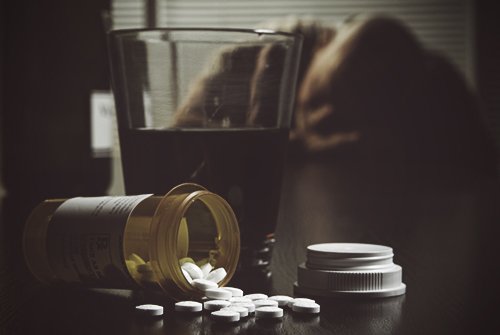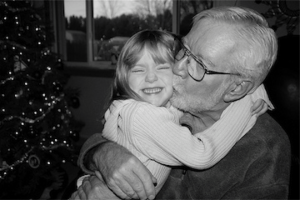Posted on December 22, 2016 by Kristi Manley, LMHC, LCPC
Mental Health

Share
It is hard to watch your child suffer regardless of their age. The American Society of Addiction Medicine acknowledges substance abuse and substance dependence as a disease process and as such, those affected by the disease, whether the user or the family member, are considered sufferers. When your child is an adult, it is doubly hard to see the obvious effects of their overuse of alcohol on them and others around them, knowing your influence over their choices and behavior is not as weighty as it once was.

Getting support for yourselves may be the place to start by seeking out a counseling professional who will guide you with regard to setting healthy boundaries with your child and voicing your concerns in ways your child may find easier to hear. Criticism, lectures, blaming and shaming are never the way to go, as tempting as it may be sometimes. Rather, William Cope Moyers in his book: Now What? – An insider’s guide to addiction and recovery, suggests that parents keep the door open, with statements such as: “Our door is open to you whenever you are not impaired (i.e. drinking/using).” Another great policy to have is: “Whenever you are ready, I’ll be glad to drive you to treatment day or night.”
 Paying overdue bills, bail or legal fines is not your responsibility. Those kinds of “help” are often the kind that a suffering family member may be pressed into providing, but are seldom effective in bringing about change in the using family member. Dr. Anderson Spickard in his book: Dying for a Drink: What you and your family should know about alcoholism, states that “unless the painful consequences of drinking clearly outweigh its known benefits, the alcoholic is unlikely to surrender his or her right to drink.” If grandchildren are affected, you as grandparent can support the non-drinking spouse by helping with the daily needs of the kids, providing safe transportation when needed and a safe place to stay if you are close by. You can also validate the grandkids’ reality, and assure them that they are not responsible for “fixing” their using parent. Educate yourself and the grandkids about the “three C’s” of Al-Anon: You didn’t cause the disease, you cannot control the disease and you cannot cure the disease.
Paying overdue bills, bail or legal fines is not your responsibility. Those kinds of “help” are often the kind that a suffering family member may be pressed into providing, but are seldom effective in bringing about change in the using family member. Dr. Anderson Spickard in his book: Dying for a Drink: What you and your family should know about alcoholism, states that “unless the painful consequences of drinking clearly outweigh its known benefits, the alcoholic is unlikely to surrender his or her right to drink.” If grandchildren are affected, you as grandparent can support the non-drinking spouse by helping with the daily needs of the kids, providing safe transportation when needed and a safe place to stay if you are close by. You can also validate the grandkids’ reality, and assure them that they are not responsible for “fixing” their using parent. Educate yourself and the grandkids about the “three C’s” of Al-Anon: You didn’t cause the disease, you cannot control the disease and you cannot cure the disease.
Educate yourself and other family members about the disease concept of addiction in which one views addiction as an illness and not a moral weakness. The disease process of addiction is characterized by the same features found in other chronic illnesses such as cancer and diabetes, which are: 1) Initial onset, 2) Chronic, 3) Progressive, 4) Recurring, 5) Fatal.
Knowledge really is power, as the saying goes. You can reclaim your peace of mind, integrity, self-worth, self-determination, control over your own life and emotions AND freedom from fear.
Kristi Manley, LMHC, LCPC – Quad Cities
(563) 359-0696 or [email protected]
More posts about Mental Health